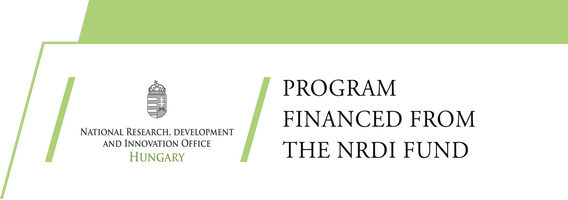Theme: Humanist Canons in East-Central-Europe
What does canon mean? The answer depends on the discipline: according to theology, canon refers to all the holy books taken together, musicology defines it as a polyphonic composition sung in a strict order, while in fine art it refers to the laws that define the relative harmonic proportion of forms. Literary studies consider texts that are influential for one reason or another to be members of a canon, ones that also keep inspiring new interpretations. Although the status of early modern texts may seem less uncertain due to the time that has elapsed, literary canon and canons continue to be subject to debate. The conference organized by The Renaissance Department of the Institute for Literary Studies at the Research Center for the Humanities (MTA Center for Excellence), the National Laboratory for Digital Heritage, and the MTA–BTK Lendület “Momentum” Humanist Canons and Identities Research Group focuses on the process of canonizing texts, highlighting the methodological issues related to reading, interpretation, and reinterpretation.
Proposals
We define the concepts of reading, interpreting, and reinterpreting in the widest possible terms, so that issues such as the development and shaping of canons, as well as the reading of texts and the methodological challenges that accompany these can be discussed at the symposium. We welcome presentations that reflect on the early modern concept of the classical: what did early modernity mean by classical texts, and what did the humanist canon encompass? What kinds of precedents can be detected in the Middle Ages, and how do the canons of the two periods relate to each other? We welcome case studies that concentrate on philological issues, critical editions, and translations. We also consider presentations relevant that conceive the process of canonisation as an interaction between image and text that mutually reinforce each other, taking into account perspectives of both art and literary history. We also want to concentrate on the evolution of modern readings with the help of presentations that interpret Neo-Latin texts from a theoretical perspective, as well as ones discussing the use of digital humanities and their applicability. Finally, in line with the research trends of the last few years, we also welcome abstracts discussing the relationship between Neo-Latin and New Ancient Greek, as well as vernacular texts.
The conference organizers aim for the presentations to provide a systematic reflection on the factors that define the process of canonisation. In the early modern times, these factors are primarily related to school and university education, the differences and conflicts between denominations, complex linguistic determination, a developing national identity (which does not yet meet the criteria of a modern national consciousness), as well as various characteristics of media history, with special emphasis on the spreading of printed and manuscript sources, and what influence the various types of media had on the processes of canonisation. We therefore ask the future presenters of the conference to reflect on the relevant context in terms of cultural history when examining the various issues of canonisation along the above-mentioned key words, which in turn give room to a multitude of topics and approaches.
Call for Papers
The call for papers are open. You can submit your short paper proposal (150–200 words) until March 10, 2025 via
Language
Preferred language for papers is English, but papers in Italian and German are also welcome. Presenters who prefer to give their paper in Italian or German are invited to provide the audience with an English summary of their paper.
The organisers reserve the right to make a selection from the proposals. Applicants will be notified of the acceptance of their proposal by April 10, 2025.

